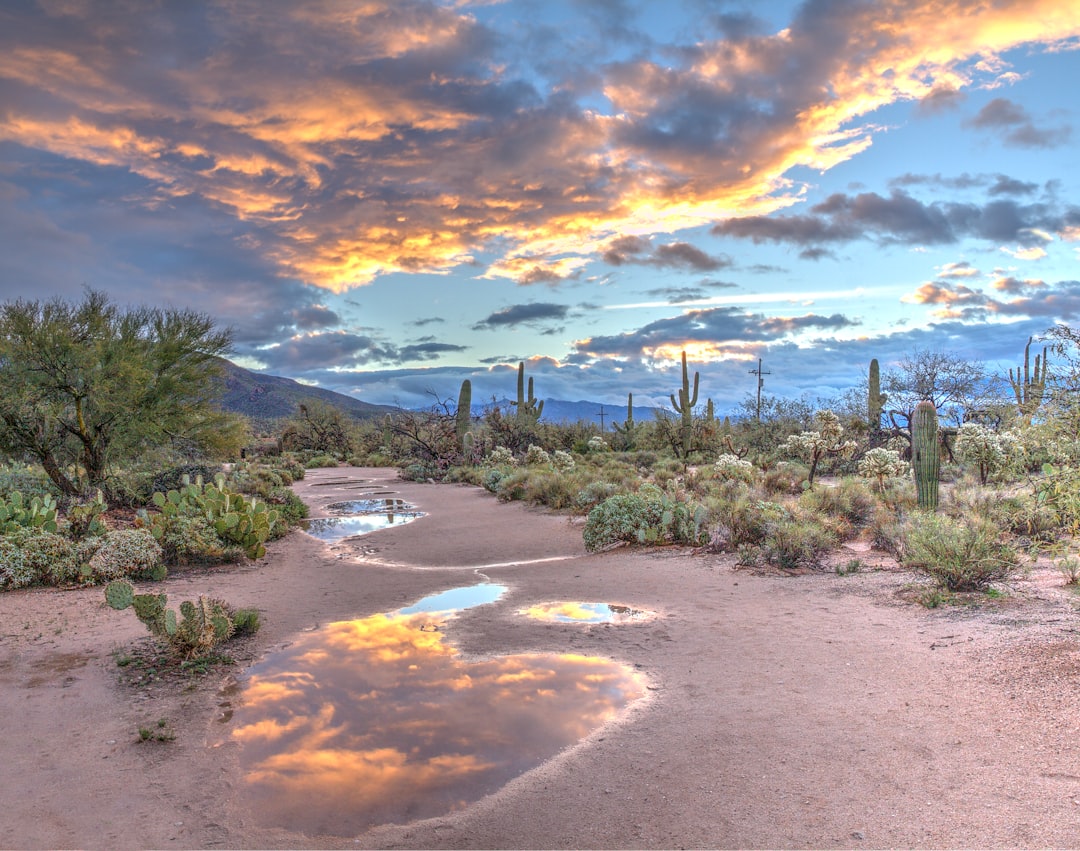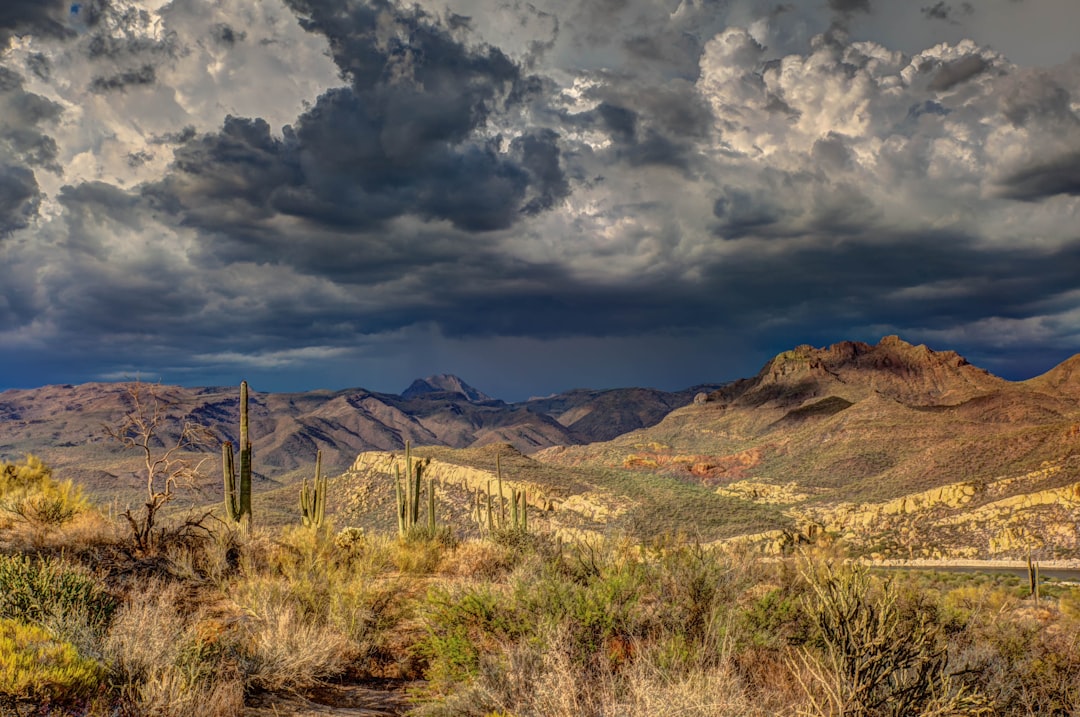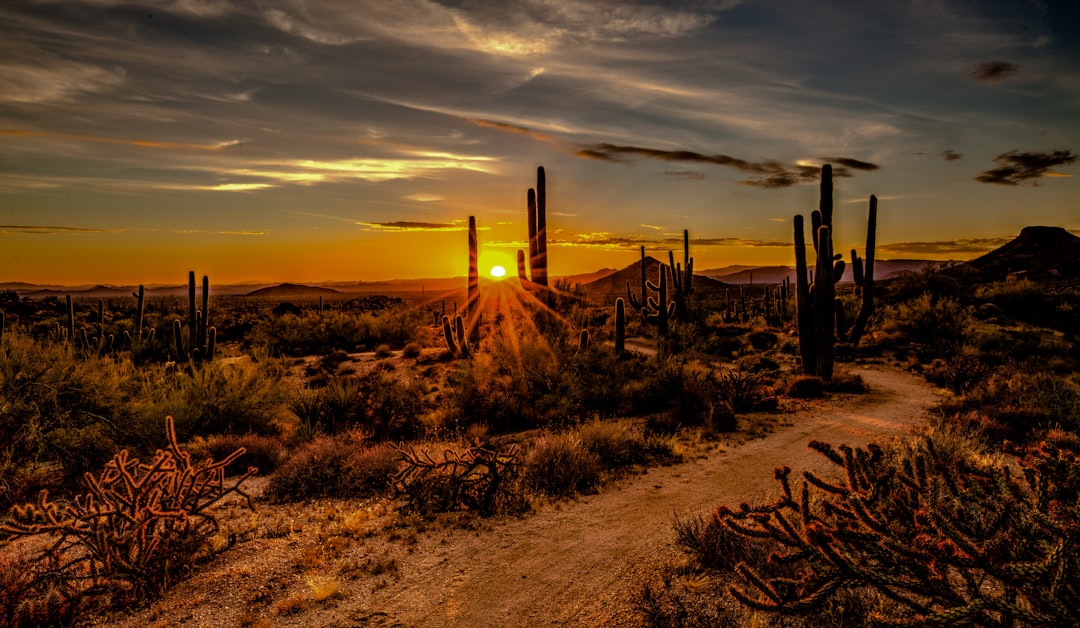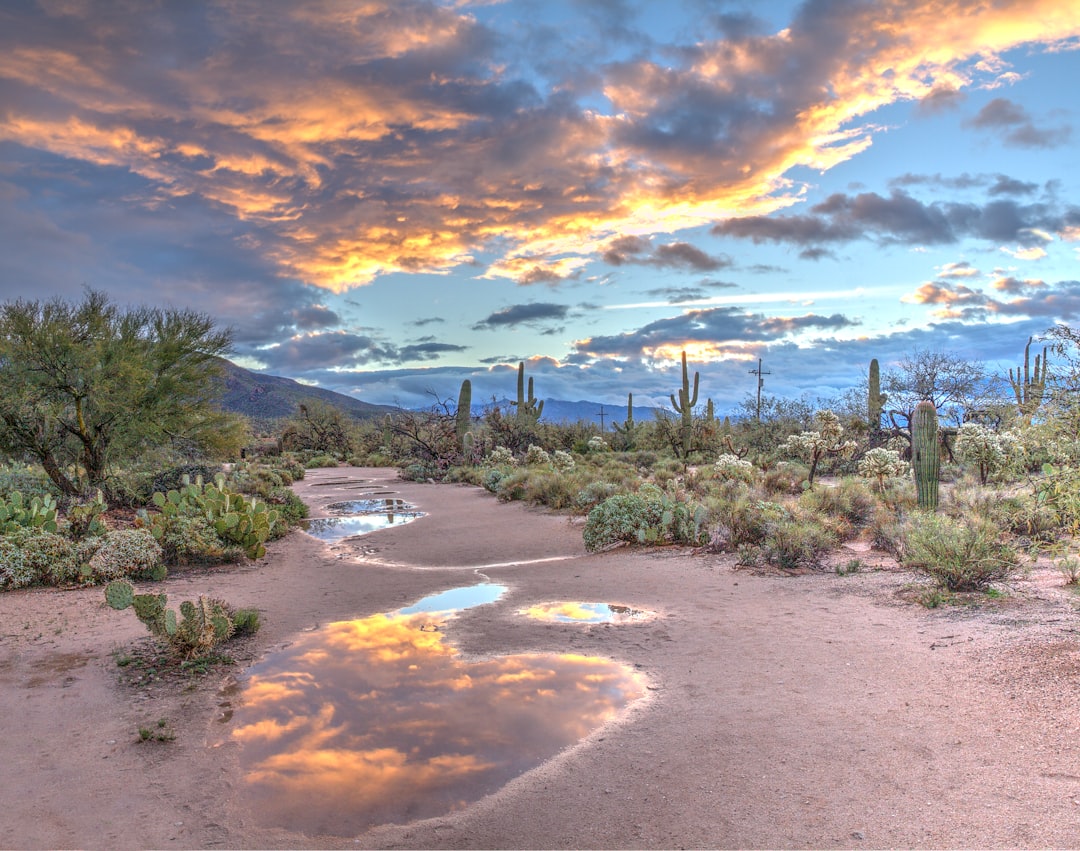Arizona's No Call Laws protect residents from unsolicited contact, impacting tourism businesses offering Tombstone Strategy tours. These laws are vital for customer trust and consumer protection standards. In the Old West, these regulations combat aggressive sales tactics, ensuring visitors can appreciate historical sites undisturbed. "Tombstone" policies inform tourists about their rights under No Call Laws, enhancing transparency and trust. Proper signage educates tourists about cultural sensitivities, fostering respectful interactions and preserving heritage.
In the vibrant landscape of Old West tourism, consumer protection is a crucial element fostering a memorable experience. This article explores Arizona’s stringent No Call Laws as a strategic tool for safeguarding tourists from aggressive sales tactics. By understanding these laws and their impact on the industry, we uncover effective strategies to enhance visitor satisfaction while preserving the region’s unique charm. Discover how balanced regulation can attract folks seeking authentic experiences without the hustle and bustle of unwanted solicitations.
Understanding Arizona's No Call Laws

In Arizona, respecting privacy is paramount, especially in sensitive areas like cemeteries. The state’s No Call Laws are designed to safeguard individuals from unwanted solicitations, including from tour operators and tourism businesses. These laws strictly regulate cold calling or unsolicited contact within specific distances of residential properties, extending to places of quiet repose such as cemeteries.
Tourism businesses operating in Arizona must be mindful of these regulations when marketing their Tombstone Strategy tours. Compliance ensures a harmonious balance between promoting consumer protection and preserving the peace and serenity that these historical sites offer visitors. Understanding and adhering to the No Call Laws is crucial for fostering trust with potential customers while navigating the legal landscape of Arizona’s consumer protection regulations.
Protecting Tourists from Unwanted Sales Tactic

In the Old West, tourism often involves immersive experiences that entice visitors to learn about and interact with the region’s unique history. However, some businesses employ aggressive sales tactics that can leave tourists feeling pressured or even exploited. Protecting consumers from unwanted sales approaches is paramount for maintaining a positive experience. States like Arizona have implemented No Call Laws to safeguard tourists against persistent solicitation, especially at historical sites such as cemeteries, where tranquility should be preserved.
These laws are designed to ensure that visitors can appreciate the cultural and historical significance of these places without being harassed by vendors trying to sell them souvenirs or tours. By enforcing No Call Laws, tourism authorities in Arizona and similar regions aim to foster an environment that respects both the past and the present, allowing tourists to engage with the Old West on their terms and creating a memorable experience free from coercion.
The Impact on Old West Tourism

The Old West, with its rich history and unique charm, has long been a magnet for tourists seeking an authentic experience. However, as tourism flourishes, so do the challenges related to consumer protection. One significant aspect that demands attention is the impact of tombstone marketing strategies, especially those involving No Call Laws in Arizona. These laws aim to protect residents from intrusive sales tactics, but their implementation can have far-reaching effects on the industry.
In the competitive landscape of Old West tourism, businesses often employ various strategies to attract visitors and ensure a steady flow of customers. Tombstone advertising, which includes direct sales and marketing approaches, has become a common tactic. While it offers benefits like increased visibility, it also raises concerns about consumer rights and well-being. Arizona’s No Call Laws, designed to curb unwanted telemarketing calls, are now being utilized by some businesses as a means to engage potential tourists. This creative approach may protect residents from nuisance calls but could inadvertently deter curious visitors who prefer more traditional advertising methods. Balancing the need for consumer protection with preserving the Old West’s unique tourism appeal is essential to ensuring a sustainable and enjoyable experience for all.
Consumer Rights and Tombstone Strategies

In the Old West, tourism can be a lucrative but complex industry, especially when it comes to consumer protection. One strategy that has gained traction is the implementation of “tombstone” policies, which serve as clear indicators of consumer rights and responsibilities. These tombstones, or straightforward guidelines, are particularly effective in addressing issues like No Call Laws in Arizona. By prominently displaying these rules, businesses can ensure visitors understand they have the right to refuse unsolicited calls or sales pitches, fostering a more transparent and customer-friendly environment.
Moreover, tombstone strategies empower consumers by providing them with essential information upfront. This approach not only enhances consumer satisfaction but also acts as a deterrent for unscrupulous practices. In regions like Arizona, where No Call Laws are in place, tombstones can educate tourists about their rights to privacy and the consequences of violating these laws. Such proactive measures contribute to building trust between businesses and visitors, ultimately bolstering the reputation of Old West tourism destinations.
Enhancing Visitor Experience Through Regulation

In the Old West, tourism often involves immersive experiences, but it’s crucial to balance this with consumer protection. One way to enhance visitor experiences while ensuring their safety is through regulation, especially in areas like Arizona known for its strict No Call Laws. These laws protect tourists from unwanted telemarketing calls, ensuring they can enjoy their journey without intrusive marketing attempts. By implementing and enforcing such regulations, tourism boards can create a positive atmosphere, fostering a sense of respect between visitors and local businesses.
Furthermore, regulation encourages responsible tourism practices. For instance, proper signage and guidelines for historical sites and cemeteries can educate tourists about the sensitivity of these places. This approach respects both the cultural significance of landmarks like tombstones and ensures visitors have an educational and meaningful experience, leaving a positive impact on their journey through the Old West.






